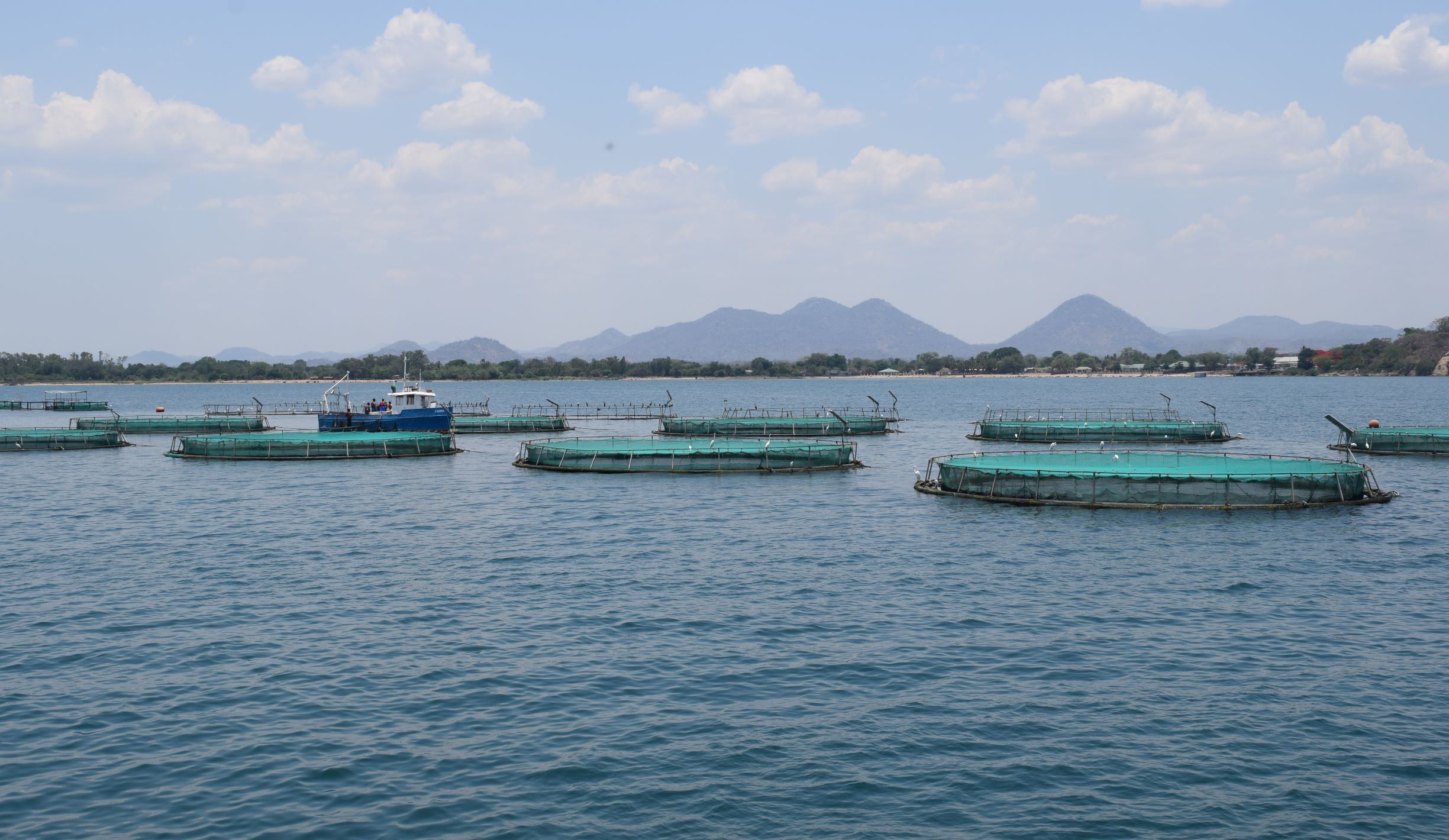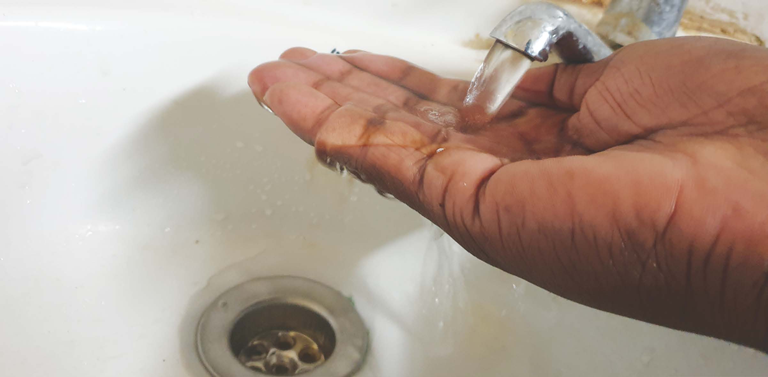UNDP report shows growing inequality
Poor countries’ lag in development is worsening global inequality and stirring up political polarisation, a new Human Development Index (HDI) report issued yesterday by the United Nations Development Programme (UNDP) has stated.
In a statement issued ahead of HDI report release, head of the UNDP Achim Steiner observed that the widening human development gap is an indication that the two-decade trend of steadily reducing inequalities between wealthy and poor nations is now in reverse.
“Despite our deeply interconnected global societies, we are falling short. We must leverage our interdependence as well as our capacities to address our shared and existential challenges and ensure people’s aspirations are met,” Steiner is quoted in the statement.

The report argues that advancing international collective action is hindered by an emerging ‘democracy paradox’, with half of the people surveyed worldwide reporting having no or limited control over their lives, and over two-thirds believing they have little influence on their governments’ decisions.
“While nine in 10 people worldwide endorse democracy, over half of global survey respondents express support for leaders that may undermine it by bypassing fundamental rules of the democratic process,” observes the report.
The 2023/24 HDI ranks Malawi 174 out of 189 countries and has recently seen poverty rate worsening to over 70 percent, largely due to recent economic shocks.
Generally, human development is projected to reach record highs after steep declines in the years 2020 and 2021.
Observes the UNDP: “But this progress is deeply uneven. Rich countries are experiencing record-high levels of human development while half of the world’s poorest countries remain below their pre-crisis level of progress.
This, the UNDP says, has worsened global inequalities which are compounded by substantial economic concentration.





